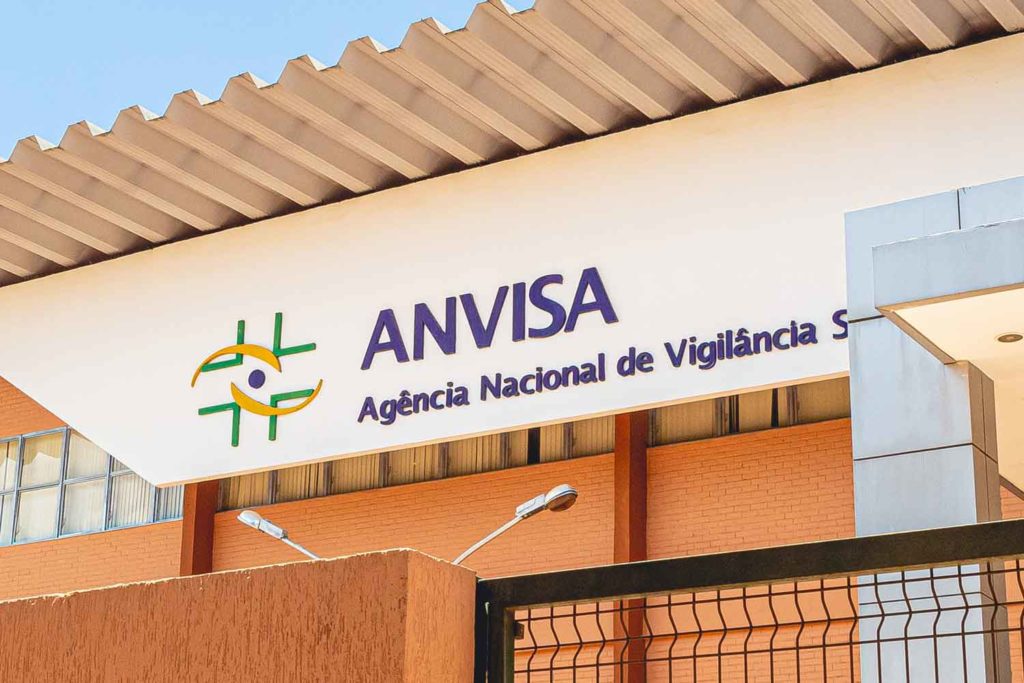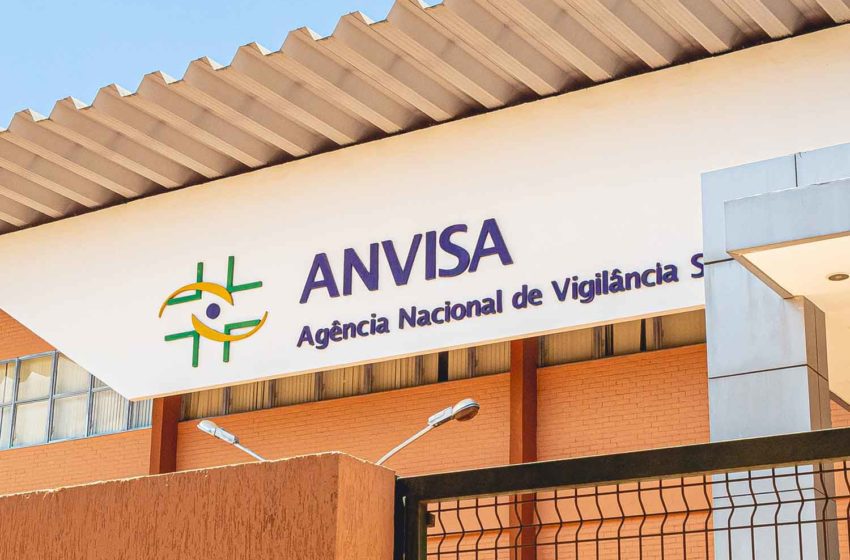
E-cigarettes may become legal in Brazil later this year as ANVISA, the federal health sanitary agency, plans to revisit its regulations regarding the products. Proponents of vaping have been pushing the government to legalize the products to help smokers quit combustibles, but critics are concerned about youth usage as well as potential higher rates of vaping that could follow legalization.
Electronic tobacco products have been banned in Brazil since 2009, but there are currently shops that sell the products anyway, often with statements that the products are safe, according to The World.
“Once the product is legally allowed to be commercialized, it gets into the distribution network of the tobacco companies, which have one of the best distribution systems around,” said Stella Bialous, a Brazilian expert on tobacco issues and a professor from the University of California, San Francisco. She fears that more people would likely take up vaping if the products are allowed to be commercialized. In 2019, less than 1 percent of Brazilians used e-cigarettes. However, if the products are commercialized, they would become more easily available, and that percentage could quickly rise.
“Considering that these products are attractive to youth and that we can’t affirm that they really work for tobacco cessation, we believe that we must prioritize the public policies to prevent smoke initiation and also to promote health for the Brazilian population,” said Monica Andreis, the executive director from ACT Promocao da Saude, a nongovernmental organization that focuses on tobacco control policies.
“Brazil has a leadership role in Latin America and also around the world related to tobacco control policies. I believe that the decision from ANVISA has the potential to influence other countries in Latin America,” Andreis said.
ANVISA has not commented on the situation, stating that it is still analyzing data. “Up to this point, there are still uncertainties and controversies related to the risks attributed to these devices,” the agency stated in February.

